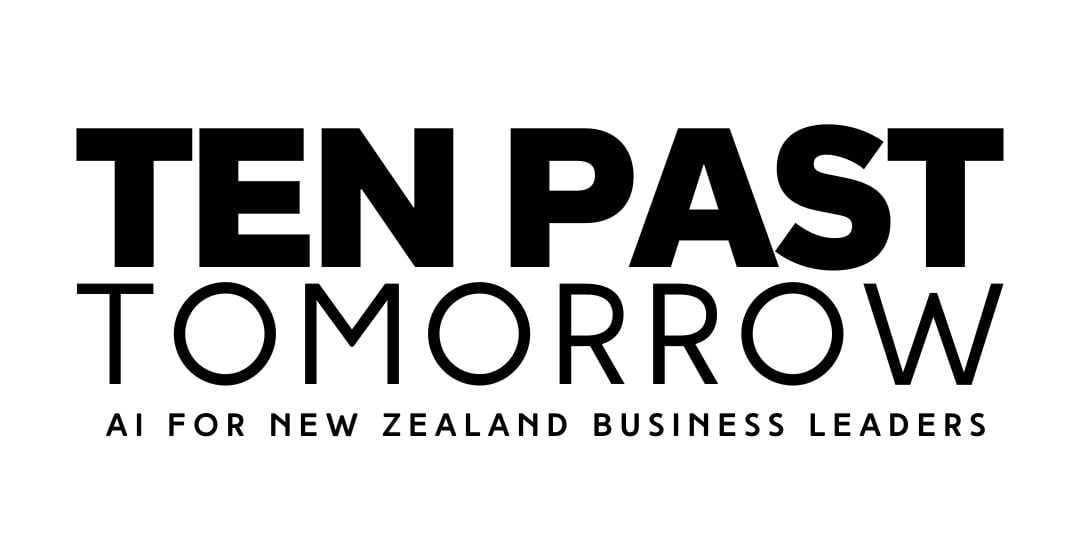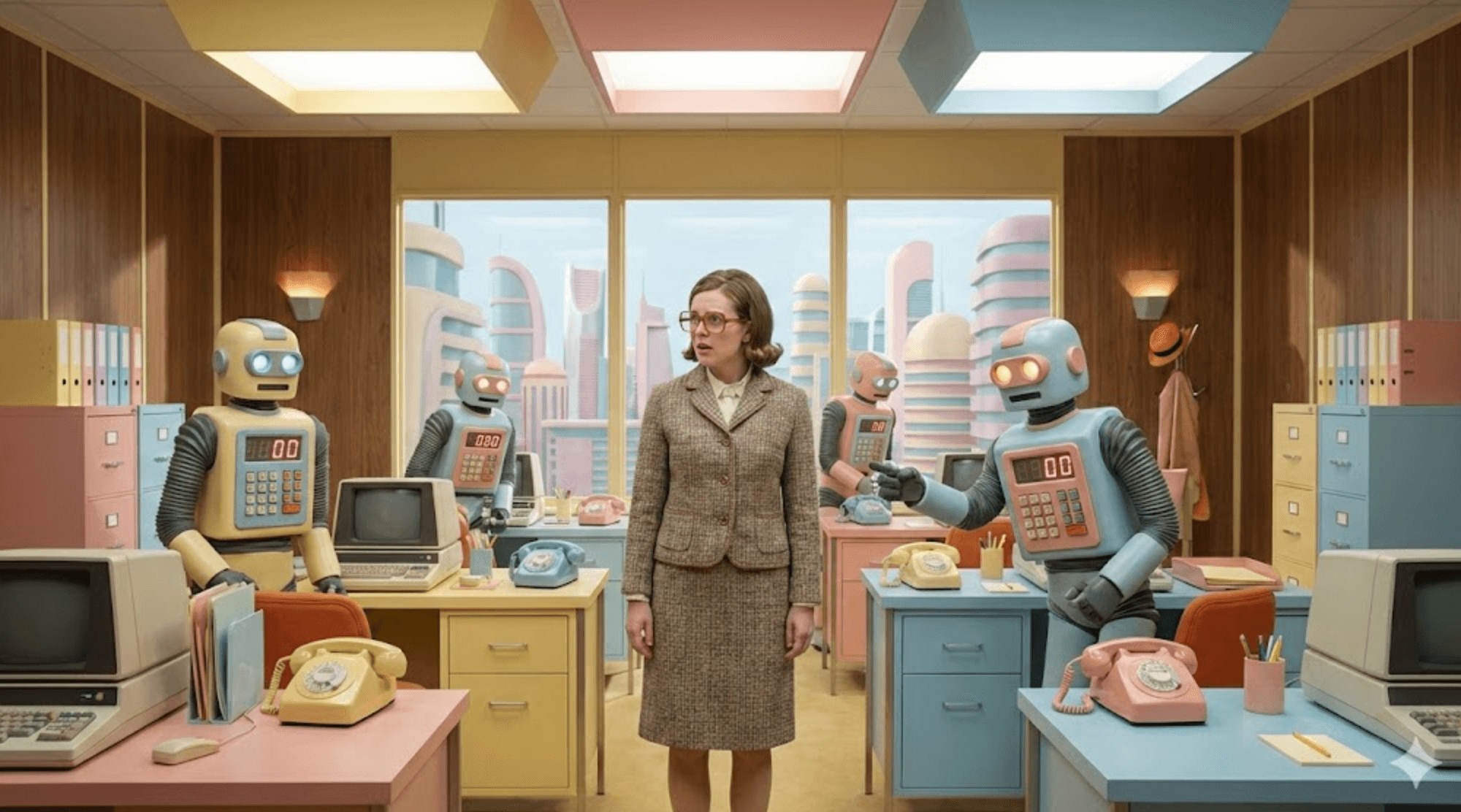Why Bill Gates' opinion on AI Matters for Business
Altman, Hassabis, Raibert, Musk, Hinton, Amodei, Hoffman, LeCun.
If you were putting together an AI version of The Ratpack (Sinatra et al), the guys above would be on the list. They’re the dudes wearing the slick hair and crooning out the (AI-generated) songs dominating the radio playlists in recent years. And rightly so. They’re some of the biggest rockstars and luminary AI thinkers of our age.
But there’s another name that’s well worth keeping an eye on for deep analysis of the AI-generation ahead of us. You may have heard it before.
Gates.
In a recent GatesNotes piece “The Age of AI Has Begun”, Bill Gates, the tech visionary himself, reminisces about how Microsoft began with the Windows GUI, comparing that game-changing moment to the emergence of GPT/chatbot AI development.
As I read it I was thinking how it relates to the Ten Past Tomorrow community of New Zealand business leaders.
In that context, I found Gates’ thoughts to be a really insightful overview of AI's potential to reshape various aspects of our lives and businesses.
I think it’s perhaps the best summary of what’s happening and what’s to come in AI that I’ve read yet.
Why the article matters for business leaders
First, Gates envisions AI taking on a significant role in education, tailoring learning experiences to individual students' needs.
However, he also emphasizes that AI will never fully replace the invaluable connection between students and teachers.
I think this is a great metaphor for us as business leaders.
How do we consider striking a balance between leveraging AI-driven tools and fostering meaningful human interaction? I’ve written about this in a recent post, and really believe that finding this sweet spot between machines and our human stakeholders (employees, strategic partners, and clients) will be critical for the future of our businesses.
In healthcare, Gates sees AI making a substantial impact by streamlining administrative tasks, allowing medical professionals to devote more time to patient care. Additionally, AI could bring healthcare advice to underserved communities with limited access to medical facilities.
Again, these are lessons that have parallels to all of our businesses, regardless of industry, as AI tech has the potential to revolutionize service delivery and improve client outcomes. As leaders, let's be prepared to embrace these transformative changes and adapt accordingly.
One of the most striking predictions Gates makes in his article is that typing out simple requests will eventually become the primary way people interact with computers, replacing tapping and clicking. I think that’s fast becoming obvious to us all as we watch the tidal wave of AI developments approaching us every day at the moment.
I see the first market-ready opportunities to harness this shift in human-computer interaction as AI-powered chatbots and virtual assistants.
There are already a proliferation of companies offering these solutions (too many to link to in this post). They’re available to use now, and will lead to enhanced customer experiences and streamlined internal operations, setting us apart from our competition.
Proceed, with caution
While Gates is optimistic about AI's potential, he also acknowledges the risks and challenges associated with the technology. I respect that, and to be honest I’m wary of any AI thought leaders who aren’t acknowledging those challenges.
He notes that AI currently struggles with understanding context, sometimes leading to inaccurate or nonsensical responses. This isn’t news to us all, having been keeping tabs on the sometimes hilarious, sometimes terrifying, mis-steps ChatGPT takes.
Gates though, is someone who knows the computing world, and how rapidly technology improves. He’s confident that developers will overcome these limitations.
Gates also addresses the ethical implications of AI, urging collaboration between governments, philanthropists, and the private sector to ensure the benefits of AI are distributed equitably.
Just because we aren’t enterprise in scale doesn’t mean we’re immune to these themes as business leaders. I think we also have the same responsibility to remain committed to responsible AI practices and contribute to the development of AI solutions that promote social good. Let's be proactive in shaping the ethical landscape of AI technology.
Rising to Gates’ challenge
In reflecting on the GatesNotes article, I was left with the aftertaste that he is still a man who offers vital, compelling and insightful explorations of AI's potential to change the world.
He’s literally been there since the beginning, and the fact that he’s drawing parallels between the current state of AI and Microsoft's early days and the impact of the Windows GUI is ample evidence to me that we’re all living in the dawn of a truly revolutionary age.
It’s aspirational stuff, but I think now is the time for us to adapt to new developments, commit to responsible AI use, and play an active role in shaping a future for New Zealand businesses and their people, where AI serves as a force for positive change.
*Twitter links to the "AI Ratpack" that I referenced in my intro…
Sam Altman, Demis Hassabis, Marc Raibert, Elon Musk, Geoff Hinton, Dario Amodei (no Twitter), Reid Hoffman, Yann LeCun.






